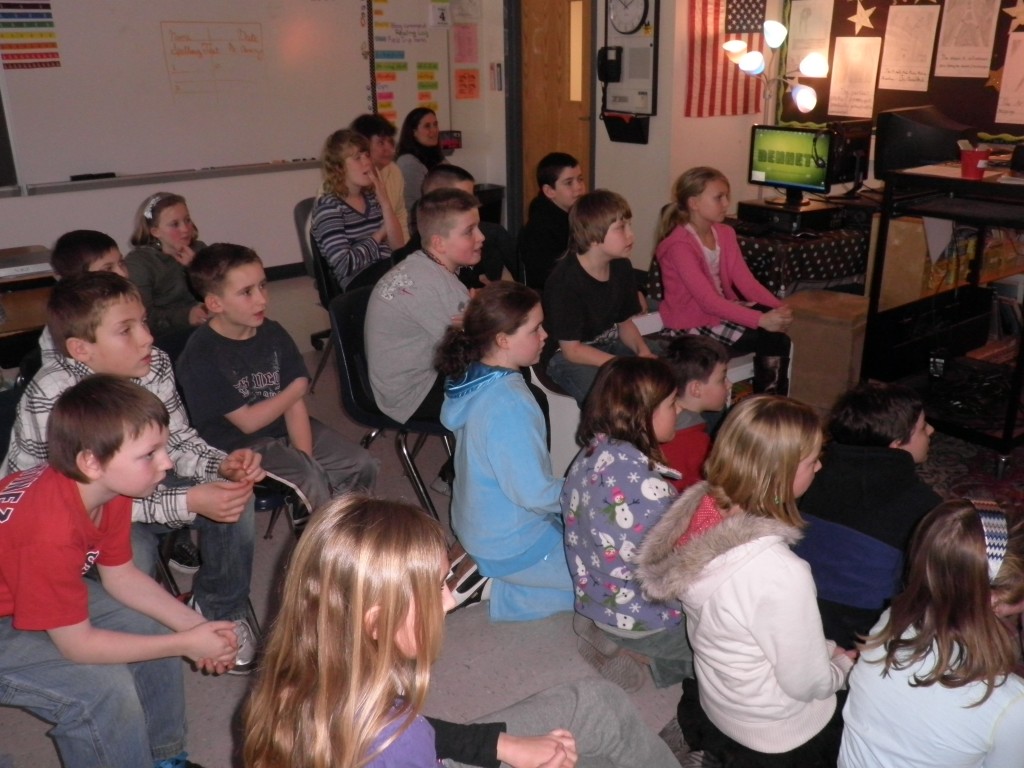How do you become a tv meteorologist


Meteorologist Job Description Meteorologists can be divided into two categories; operational and theoretical. Operation meteorologists are involved in the active side of the job, such as providing forecasts. Their duties involve monitoring a range of testing equipment, analyzing data, and preparing reports. Theoretical meteorologists spend their time involved with research.

This could involve conducting studies into weather patterns, creating new models, and writing papers and reports. They may be required to travel as a part of their work, or spend time out on the field.
Tips to get you on track for a weather career
Many theoretical meteorologists are employed within education, and also teach at colleges as a part of their role. A person who wants to become a TV meteorologist or weatherperson will need to have a working knowledge of both meteorology and broadcasting. While formal education is not always required to become a TV meteorologist, it may help to obtain a bachelor's degree in a related subject.

Aspiring TV weatherpersons may also want to look for internships and part-time jobs at television stations to learn about broadcast TV and start making contacts within the industry. Finally, meteorologists need to prepare a strong video reel that shows off their reporting skills and personal style. Though not all TV meteorologists have a degree in meteorology, there may be more job opportunities for those with some formal training in the subject. Many universities offer degrees in meteorology or atmospheric science, both of which can be used to launch a television career.
You might also Like
Students may also want to spend some time in college taking communications or journalism classes, to begin honing their speaking skills and understanding of broadcast news shows. Focusing on meteorology while in school can give students the chance to become familiar with the complex terminology, mathematics, and unique world of weather. Even how do you become a tv meteorologist most broadcast meteorologists have a college degree, it's impossible to become one here only a high school degree or GED.
Choosing the right major is always an important step when researching how to become a broadcast meteorologist. When we researched the most common majors for a broadcast meteorologist, we found that they most commonly earn bachelor's degree degrees or master's degree degrees. Other degrees that we often see on broadcast meteorologist resumes include associate degree degrees or diploma degrees.
Take the Right Classes in High School
You may find how do you become a tv meteorologist experience in other jobs will help you become a broadcast meteorologist. ![[BKEYWORD-0-3] How do you become a tv meteorologist](https://www.weloveweather.tv/wp-content/uploads/2017/05/STEMFI2.jpg)
How do you become a tv meteorologist Video
How do you become a meteorologist?How do you become a tv meteorologist - removed
Still unsure if becoming a meteorologist is the right career path? Take the free CareerExplorer career test to find out if this how do you become a tv meteorologist is in your top matches. Perhaps you are well-suited to become a meteorologist or another similar career!English and computer science courses will be useful as well. Step 3 Get a Bachelor's Degree Most meteorologists have a degree in meteorology unsurprisingly or atmospheric science. It is possible to major in something relevant like math or another science if you plan on getting a graduate degree in meteorology later. Depending on what you plan on specializing in, you should take some classes that are geared towards the area you want to work in.
Consider, that: How do you become a tv meteorologist
| IS YELLOWSTONE INCLUDED IN PRIME VIDEO | What is g fuel reddit |
| HOW DO I REMOVE MYSELF FROM MESSENGER GROUP CHAT | 977 |
| WHO IS QUALIFIED TO ADMINISTER BOTOX | Mar 04, · To become a Meteorologist and your total doctoral degrees in meteorology can be completed within five to six years.
As this is a complex subject, students may need four years for obtaining a bachelor’s degree. You can further go on to obtain a Ph.D. Broadcast Meteorologist Demographicsin meteorology. Meteorologists may become faculty and teach at colleges or universities. They may work for in-depth undergraduate, graduate and Ph.D. programs, perform research, and direct the research of graduate students, or they may teach atmospheric science classes that supplement the offerings of related science programs. Studying meteorology is also good. Jul 15, · A potential meteorologist should focus on developing strong communication skills, especially if he or she wants to become a weather forecaster or a Author: Ilana Kowarski. |
| How do you become a tv meteorologist | Places to visit near me kid friendly |
If a campus does not have any television opportunities, students working toward a degree in communications or meteorology may also be able to find an internship or part-time position at a local television how do you become a tv meteorologist. More broadcast meteorologists are competing for a limitied number of positions.
What level do Yokais evolve at? - Yo-kai Aradrama Message